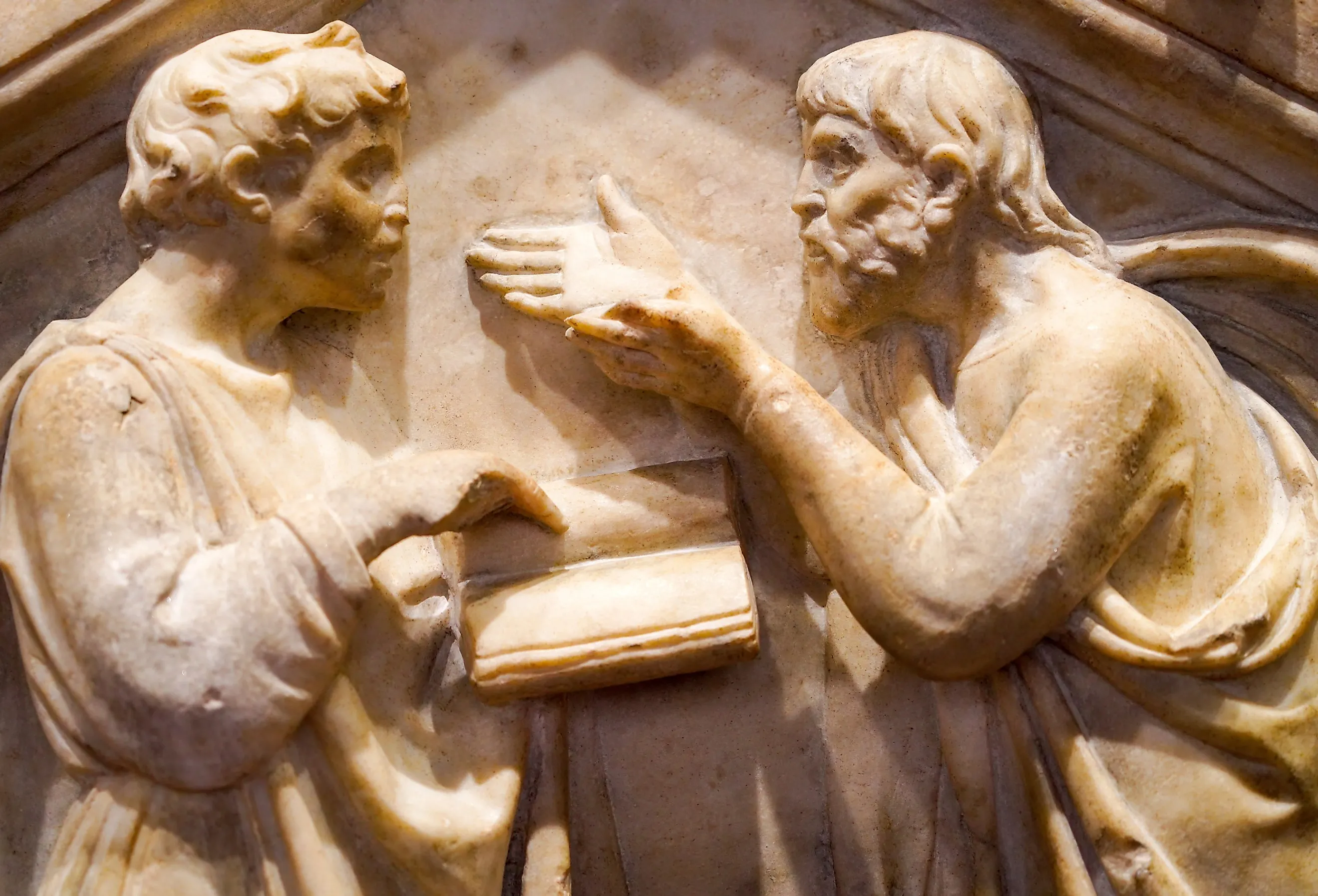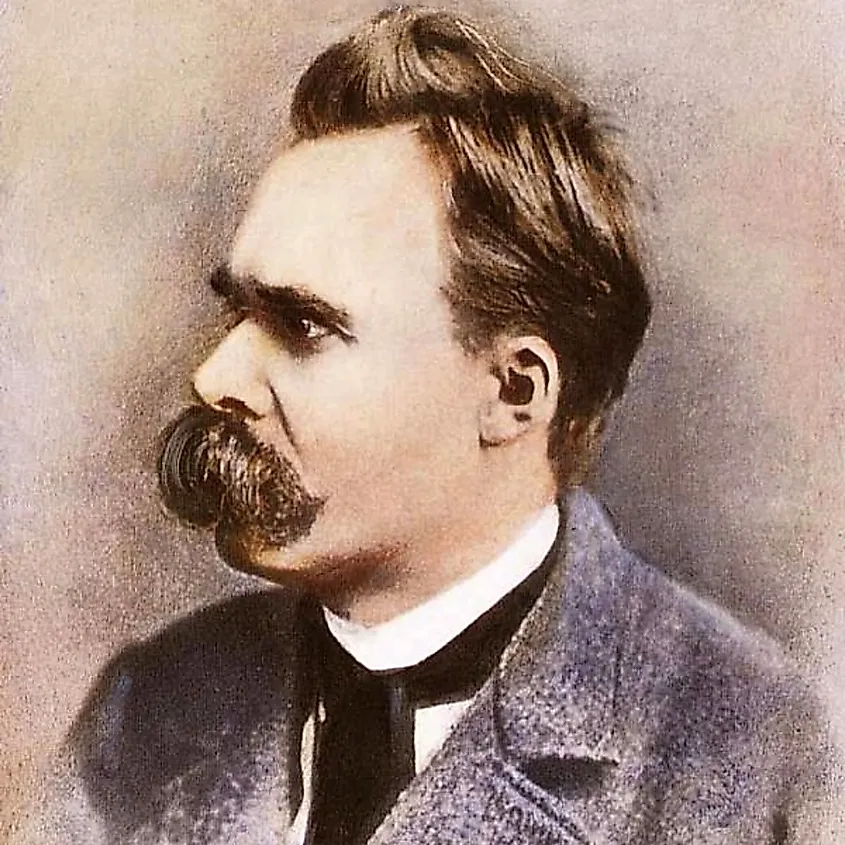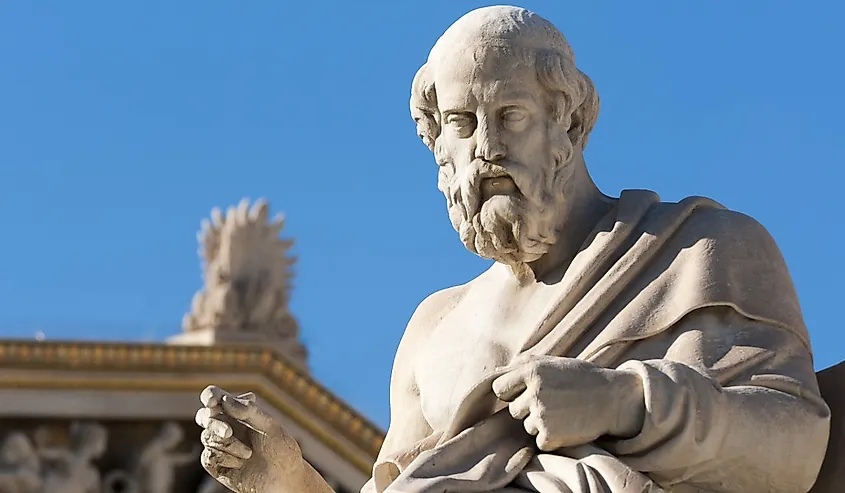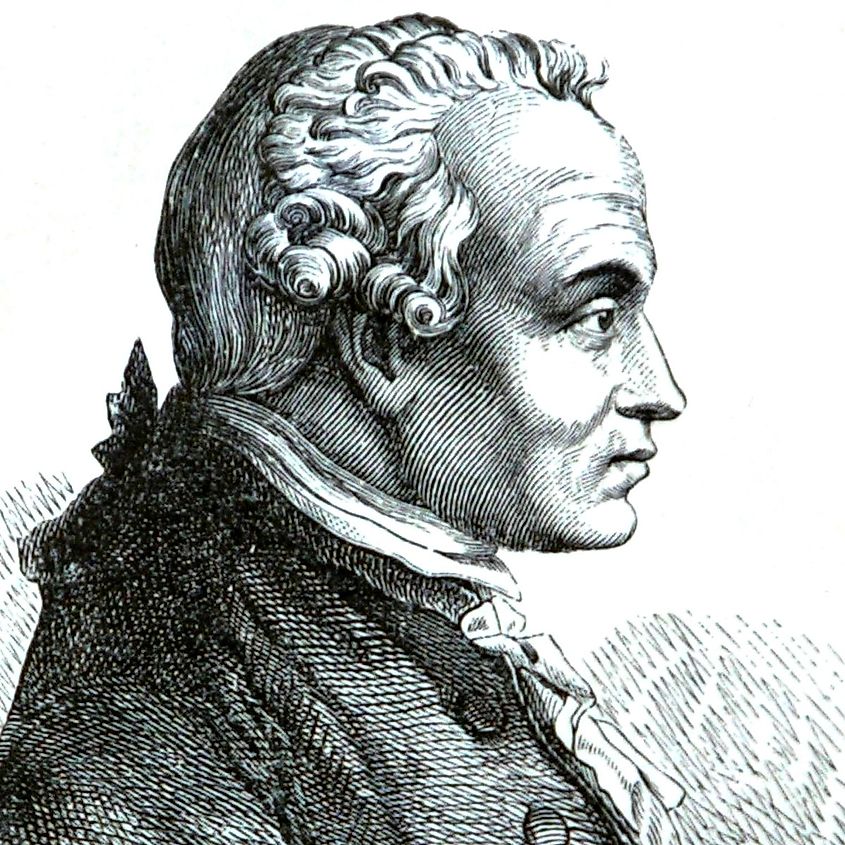
8 Fascinating Philosophical Theories
For many people, philosophy was just another class to take in school. However, once you leave school, unlike other classes, philosophy stays with you. Whether you know it or not, philosophy is an important part of your everyday life. Life revolves around beliefs about who we are, how society should be, and what we should do. These are the questions philosophy looks at. Philosophy invites us to reflect on these ideas and ask more questions. Over the years, countless fascinating philosophical theories have developed as a result of people asking these questions.
Nihilism

When you hear Nihilism, you may associate it with everything in life being meaningless. However, this is an oversimplification of the philosophy. The core idea in the philosophy is the rejection of the value and meaning that society attaches to people, objects, and life. There are many different versions of Nihilism that work around this premise. One of the most popular Nihilists is Nietzsche. He is well known for his phrase, "God is dead." By this, Nietzsche meant people were losing faith in God, the figure who served as a foundational belief system for much of the world. Nietzsche believed that this would cause everything built on this belief, including European morality, to collapse. He called the realization of this a state of unavoidable Nihilism.
Solipsism

Unlike Nihilism, Solipsism isn't a philosophy that focuses on the rejection of meaning. Instead, Solipsism rejects the existence of anything outside the mind of an individual. In this view, a person's mind is the only thing that actually exists. Anything outside of their mind is a projection of the mind and nonexistent. There are different types of Solipsism, and some are similar to different degrees of Skepticism. The philosophy's development comes originally from Greece and then later from the French philosopher Rene Descartes' system of doubting reality.
Plato's Theory of Forms

Another philosophy that deals with the nature of reality is Plato's Theory of Forms. Unlike Solipsism, the philosophy claims reality exists independently from our opinions and minds. However, our minds influence our perspective on reality. For example, Plato believed that while we can identify beautiful scenery or a beautiful painting, we do not know what beauty is. We can identify beautiful things because of this idea of beauty. This idea of beauty would be the ultimate Form of Beauty, according to Plato. This Form is invisible, eternal, and unchanging. Plato's Theory of Forms imagines a world with other qualities, such as Justice, Courage, and Temperance, existing on a different plane of existence outside of time, where they can remain in their ultimate, perfect Form.
Occam's Razor

Have you ever heard something that sounded unnecessarily complicated? To cut through the complexity, use Occam's Razor. The 4th century Franciscan friar William of Ockham used the tool. The core tenant of his philosophy was "Numquam ponenda est pluralitas sine necessitate." This translates to "Plurality must never be posited without necessity." This means simplicity is always best. The reasoning tool is useful when analyzing complex situations. When looking at possible answers, Occam's Razor says to look at which answer makes the least assumptions and is the most comprehensive. While William of Ockham was not the first (or the last) to use this idea, the theory is often attributed to him.
Pascal's Wager

Another intriguing philosophy based on a reasoning idea is Pascal's Wager. Pascal's Wager was a practical argument developed by the French philosopher Blaise Pascal. Pascal used game theory to prove that belief in God is rational. One of the core ideas in Pascal's argument is that people can choose to believe in God or not believe in God. Another is that God either exists or he does not exist. Under these conditions, Pascal played out all possible scenarios. If a person believes in God and God does not exist, they receive some finite disadvantages to living a Christian life. If God does not exist and they don't believe in God, they have some finite pleasures from living a life unrestrained by Christianity. If, however, they don't believe in God and God does exist, they receive infinite suffering. If they believe in God and God does exist, they receive infinite happiness. According to this reasoning, Pascal believed it was only logical to believe in God.
Logical Atomism

A philosophical theory that looks at the logic in language is Logical Atomism. Bertrand Russell and Ludwig Wittgenstein founded the philosophy in the early 20th century. According to Logical Atomism, smaller facts make up bigger facts. These smaller, component facts can be further broken down until you reach a core series of facts. These facts are atomic facts and are independent of other facts. Logical Atomism points to the idea that language can mirror reality. Just like how reality has small components called atoms, language and discussion have core atomic facts.
Kant's Categorical Imperative

Chances are, you have read some sort of moral rule in your life. A categorical imperative is a type of rule that is unconditional and absolute for everyone. It is an end in itself. An example of this is the rule, "Thou shalt not steal." According to German philosopher Immanuel Kant, there is one categorical imperative important for morality, “Act only according to that maxim by which you can at the same time will that it should become a universal law.” In this view, whatever action you take, you are making a moral rule for everyone else to follow. For example, if you steal money from someone, according to this maxim, everyone should steal. This is a rational approach to morality. Kant believed since humans are rational, morality would come from a rational command.
Determinism

Have you ever felt like your life was outside your control? Philosophers of determinism certainly believe it is. Determinism is a philosophy that says all events happen because of things outside human control. According to a determinist, in a situation where someone makes a certain choice, it is impossible that they could have made any other decision. Determinism is usually considered incompatible with free will. However, there are different levels of determinism. Philosophers who deny the existence of free will are hard determinists. Soft determinists believe free will and determinism are compatible.
How to Learn More
There are many fascinating philosophical theories to learn and ask more questions about. You might wonder what facts Bertrand Russell believes are atomic. Or wonder what it means to be a determinist who still believes in free will. If you find yourself asking questions, this is an exciting invitation to learn more about philosophy. To learn more, visit your local library or bookshop and ask for the philosophy section. Start a philosophical discussion with your friends or read more philosophy articles.











